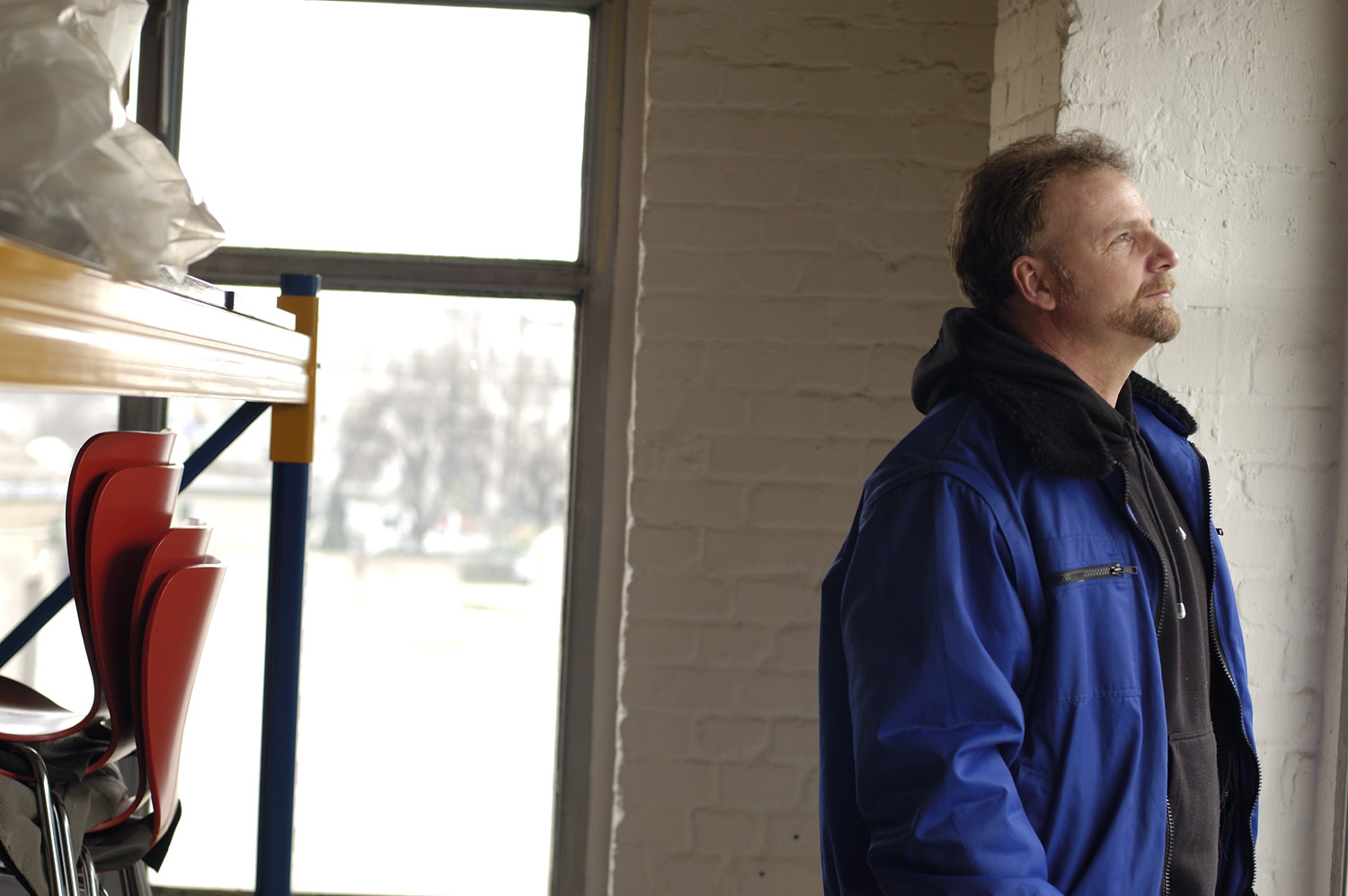
08
Feb 2016
Regarding the activity of the authorized individuals, and also of the natural persons (the classification of this activity as independent), the New Fiscal Code introduces 7 criteria considered when determining the activity of an individual as an independent activity. Thus any activity conducted by an individual with the purpose of deriving incomes will be considered independent if it meets 4 of the following 7 conditions:
1) The individual has the freedom of choosing the place and the way of conducting the activity, as well as the work schedule;
2) The individual has the freedom to conduct activity for more than one client;
3) The inherent risks of the activity are taken on by the individual conducting activity;
4) The activity is made through the patrimony of the individual conducting it;
5) The activity is conducted by the individual through the usage of his/her own intellectual capacity or physical work, considering the specifics of the activity;
6) The individual is a member of a professional body/order with attributes of representation, regulation and supervising the conducted profession, according to the special bills regulating the organization and the exertion of that specific profession;
7) The individual has the freedom to conduct a direct activity, with the employed staff or through collaboration with third parties, according to the law.
In case of reconsidering an activity as dependent activity, the income tax and the mandatory social contributions determined according to the law will be and owed according to the salary calculus procedure. For the recalculated amounts the persons/entities will owe interests and overdue payments penalties, and additional penalties for not declaring.
Since January 1st 2016 it is mandatory the contribution for social insurance (CAS) for all authorized individuals, even if they derive incomes from salaries or other incomes. The exceptions are the persons benefitting from pensions and those insured in own systems. The quota for the minimal mandatory contribution is of 10.5%, but one may opt for the full quota corresponding to the normal work conditions of 26.3%. The difference between the two pension contribution quotas will impact the contribution stage. The complete quota of the contribution of 26.3% grants the complete payment seniority with the public pension systems, and the 10.5% quota will ensure approx. 1/3 of the payment seniority with the public pensions system. In other words, if the partial quota is chosen, even if the retirement age is reached (65 years) the contribution for “entire pension” is not paid, meaning that the pension rights will be accordingly diminished.
For authorized individuals holding accounting in real system, the calculus basis will be the monthly minimal income (938 RON), representing 35% of the gross average salary (for 2016 it is 2,681 RON). For PFA deriving incomes over the monthly minimal ceiling, CAS will be calculated at the level of the derived income, but no more than the equivalent of the gross average salary multiplied by 5 (13,405 RON/month).
For persons taxed on the basis of the income norm, the calculus basis will be the annual value of the income norm reported to the number of months in activity and it cannot be less than the equivalent represented by the 35% of the monthly gross average salary (938 ron). The calculus basis cannot be greater than the equivalent of the gross average salary multiplied by 5 (13,405 ron/month).
The persons fulfilling the following conditions are exempted from the payment of this contribution:
- The income derived in the previous year, as left after subtracting from the gross income of the expenses made with a view to conduct independent activity reported to the number of the months in activity during the year is below 35% of the gross average salary income, for tax-payers conducting activities taxed in real system;
- The monthly income estimated to the derived is under 35% of the gross average salary, for tax-payers conducting activities taxed in real system and starting their activity during the fiscal year or for those transferring from determining the annual gross income on the basis of annual income norms to the real system taxation;
- The monthly value of the income norms, obtained through reporting the annual income norms to the number of the months in activity during the year is below 35% of the gross average salary income, for tax payers who during the current fiscal year conduct taxed activities on the basis of income norms.
Individuals deriving incomes from independent activities, determining the annual net income in real system and/or on the basis of the annual income norms, must pay during the year anticipated amounts as social insurance contributions determined by the competent fiscal authority through taxation decision. If the derived income determined in real system is below the minimal ceiling, the anticipated payments for social insurance contributions are not reimbursed, and they are considered for determining the participation quota and the determining of the percentage for pensioning.
For individuals deriving incomes from independent activities and who determine the net annual income in real system and/or on the basis of annual income norms, the monthly calculus basis for health insurance contribution (CASS) is represented by the positive difference between the gross income and the expenses made with a view to conducting activity independently or the annual value of the income norm, according to each situation, reported to the number of months when activity was conducted on each income source.
For incomes derived starting with January 1st 2017, the monthly calculus basis cannot be greater than the value of the gross average salary valid for the year the contribution is determined for multiplied by 5.
